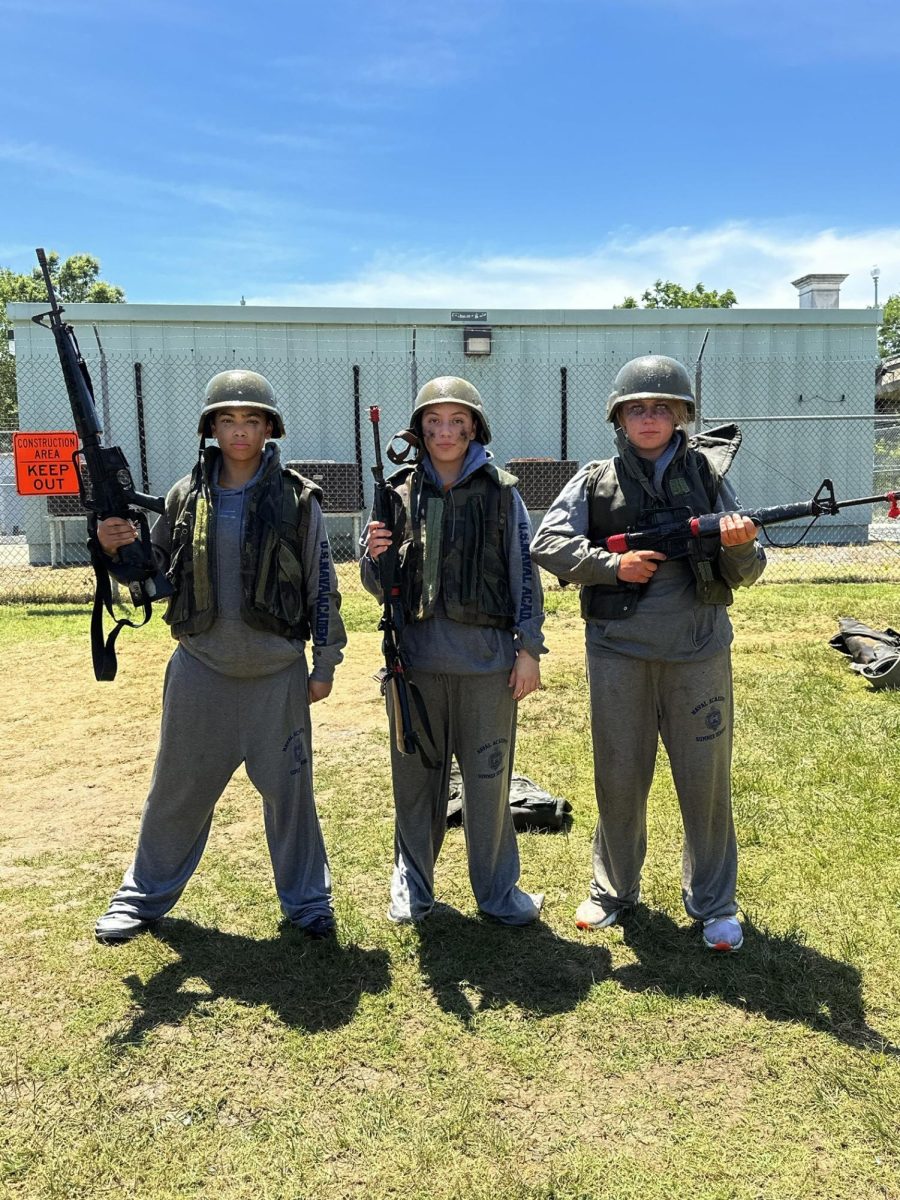Before history teacher Seth Donnelly became a teacher, he was a member of the Illinois Coalition Against the Death Penalty (ICADP).
When Donnelly graduated from Oberlin College in 1992, he moved to Chicago where he worked at a homeless shelter for half a year before applying for the full-time job as the director of the ICADP.
He visited a death row prison each month with fellow members. The coalition had full access to all three death rows in Illinois and spent time with prisoners to learn more about their backgrounds and conditions of each facility.
“[One of our arguments was] there was probably a minority fraction that were wrongfully convicted… Our job was also to monitor the conditions on death row and look into other issues that were wrong with the system,” Donnelly said.
During his visits, Donnelly witnessed and gathered evidence of guard brutality and racism. This information was used to support the argument for abolishment.
“I started to become aware of the level of corruption in the police…and prosecutors and even the judges, and the incompetence of many lawyers,” Donnelly said. “It was staggering to me how broken the system was.”
As Donnelly got to know the inmates better, the story of one black man, Aaron Patterson, stood out to him. Patterson was wrongfully convicted for murder after being tortured into confessing to the crime by former police officer Jon Burge.
Donnelly worked closely with Patterson’s mother and the rest of the ICADP on a campaign to free Patterson from death row, hoping the case could be a rallying point for their argument against the death penalty.
They reached out to Illinois politicians, religious leaders and community leaders to educate them and recruit them to oppose the death penalty. At one point, the campaign brought Donnelly into the same room as Barack Obama, who was a state senator at the time.
“We made a pitch to Obama and shook his hand…he was pleasant but I don’t think he ever took a stand,” Donnelly said.
The coalition also brought attention to their issue through press conferences and civil disobedience. They organized street demonstrations and went to prisons the night of executions to protest. A couple times, these non-violent protests led to the arrest of Donnelly and other coalition members.
“One [time] we went to the state’s attorney office…and had a sit-in,” Donnelly said. “We said, ‘We’re not leaving the lobby until the state attorney agrees to stop blocking a new hearing for Aaron Patterson and give [him] a new trial.’”
Through these various tactics, Donnelly worked on Patterson’s case as well as the general campaign against the death penalty. In 1999, he moved out to California to be closer with his family.
“I put in a lot of work… I felt like there was [enough] momentum established where a good friend of mine [could] take over the coordination function of the campaign,” Donnelly said. “I [went] back… to Chicago a few times to continue to work.”
Finally, one day in 2000, Donnelly received a phone call from Patterson’s mother.
“She said that Aaron was going to be released in a day or two,” Donnelly said. “I was just floored.”
The case was sent to the governor, who ended up freeing Patterson. Upon hearing the news, Donnelly immediately bought a plane ticket to Chicago and flew out that weekend to meet with Patterson and his mother. While there, they went to Patterson’s hometown church, a place he hadn’t been to in over 13 years.
“We walked [in]… and the people in the church stood up and the minister said… ‘Aaron Patterson is home’ and it was powerful, it was really powerful,” Donnelly said.
The efforts of the ICADP caused previous Illinois Governor George Ryan to suspend the death penalty in 2000 and current Illinois Governor Pat Quinn to abolish it in 2011.
“My take away was that our criminal justice system and our larger system of power in this society is profoundly corrupt and abusive, but that ordinary people, when properly aware and organized and willing to take action, can make a serious difference,” Donnelly said.









Leonida | Sep 3, 2014 at 4:01 am
I visit every day a few web pages and blogs
to read articles, however this weblog gives feature based writing.
My website portland flooring